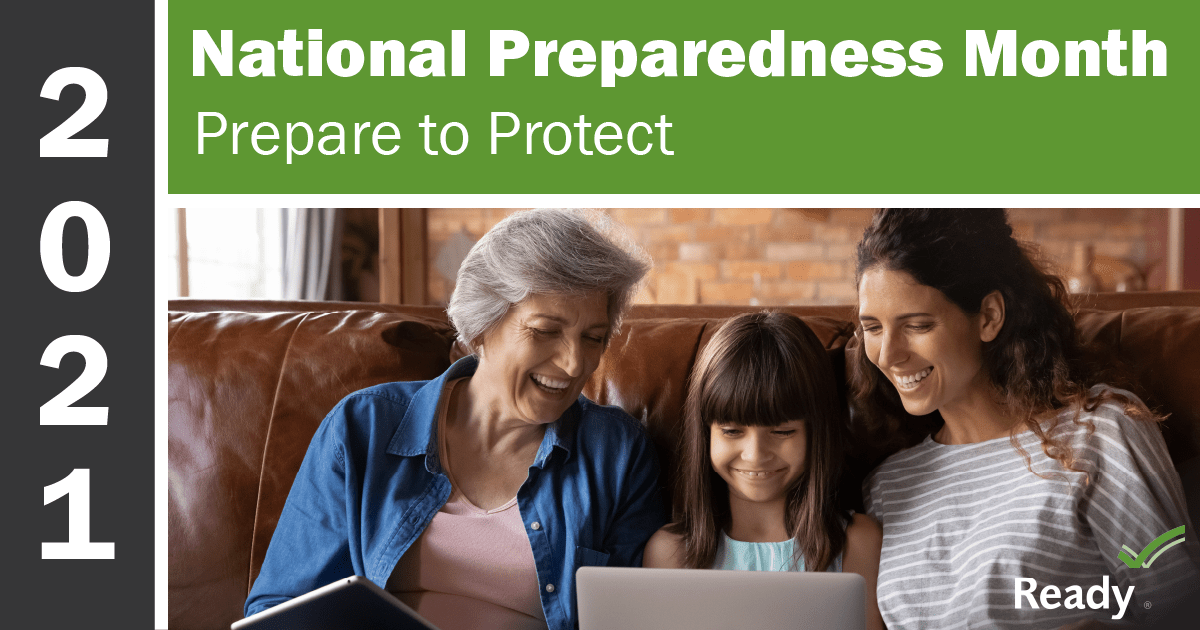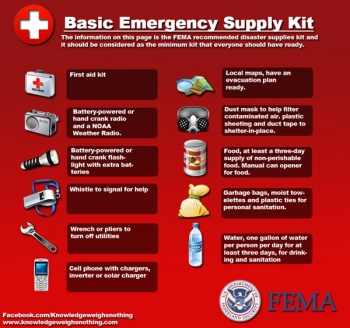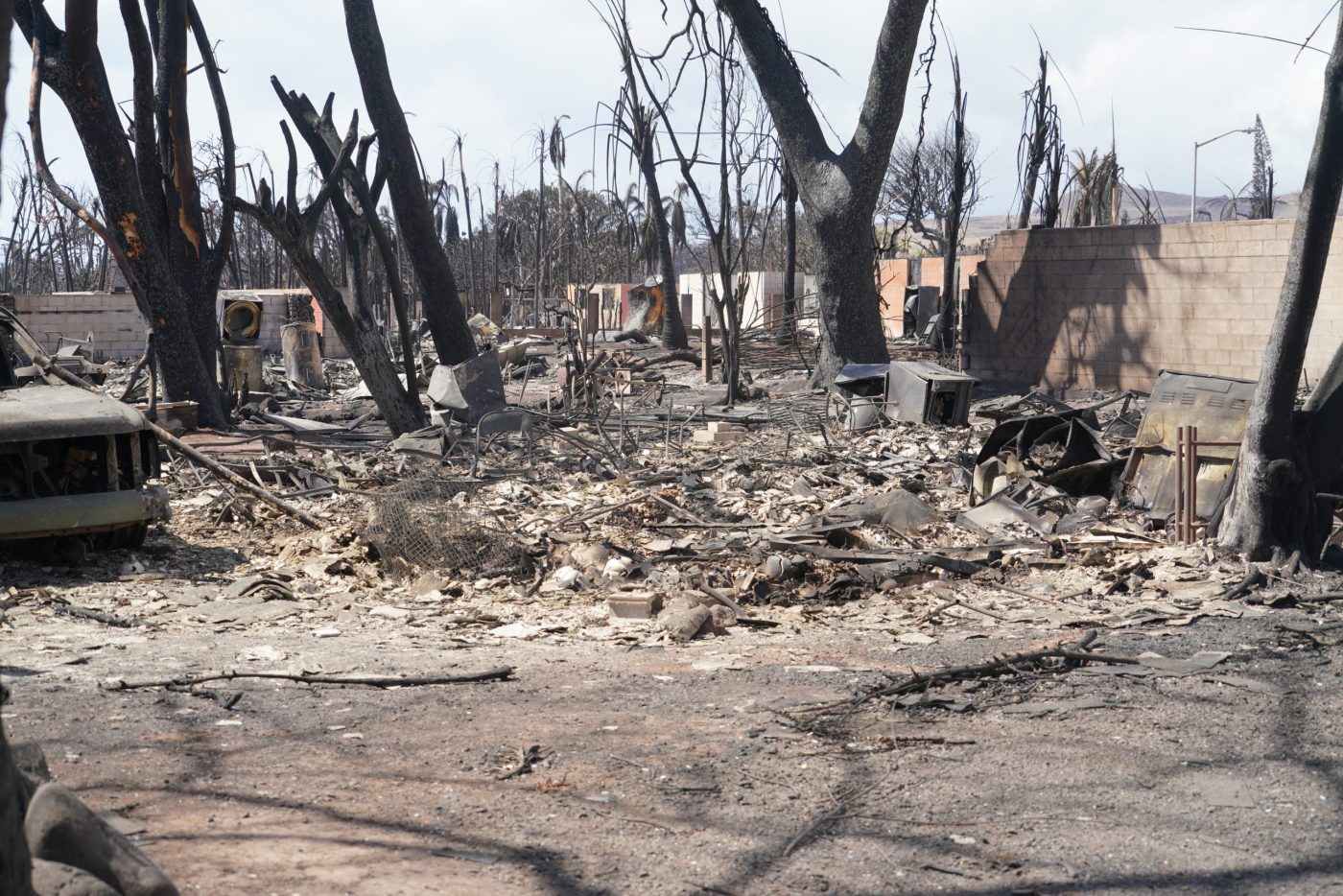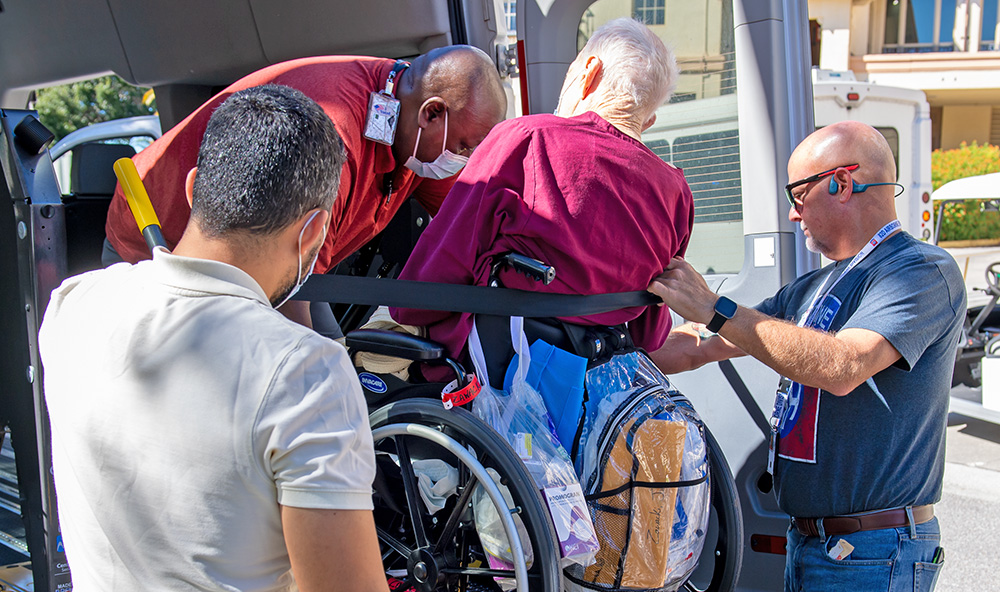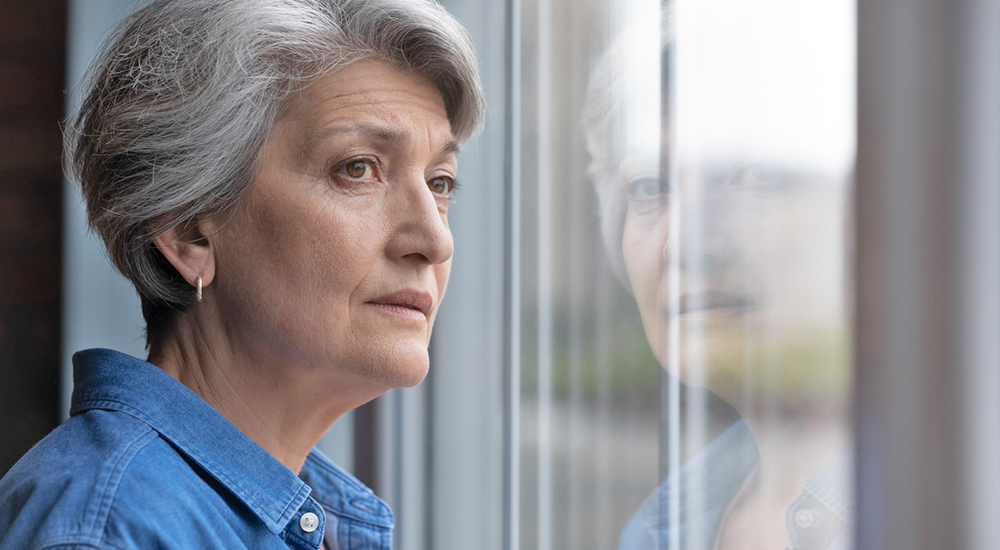Every year, the United States observes National Preparedness Month in September to remind Americans to be ready for any disaster that could affect them and their homes, communities and businesses. VA also recognizes the bravery and the sacrifices of our first responders, who are our first line of defense in so many disasters. This month, as we commemorate the 20th anniversary of the terrorist attacks of Sept. 11, 2001, we honor the lives that were lost and the heroism that was displayed by both first responders and ordinary citizens to respond, and we reaffirm our responsibility to never forget. This month, we must each do our part — we must all prepare to protect.
National Preparedness Month aims to reduce the fallout of large-scale emergencies by preparing every citizen, young and old. There is no better time to get involved as our nation continues to respond to current disasters. The four steps for individuals, families, and communities which can help prepare and protect lives are:
- Make a plan: Talk to your friends and family about how you will communicate before, during and after a disaster. Make sure to update your plan based on the Centers for Disease Control (CDC) recommendations.
- Build a kit: Gather supplies that will last for several days after a disaster for everyone living in your home. Don’t forget to consider the unique needs each person or pet may have in case you have to evacuate quickly. Update your kits and supplies based on CDC’s recommendations.
- Low-cost, no-cost preparedness: Limit the impacts that disasters have on you and your family. Know the risk of disasters in your area. Learn how to make your home stronger in the face of storms and other common hazards. Check your insurance coverage to make sure it is up to date.
- Teach youth about preparedness: Talk to your kids about preparing for emergencies and what to do in case you are separated. Reassure them by providing information about how they can get involved.
Being prepared for an emergency isn’t just about staying safe during a storm or a disaster. It’s also about how to stay comfortable, clean, fed and healthy afterwards – when a storm or disaster may have knocked out electricity. Being prepared means having your own food, water, cash and other supplies to last for at least three days, and possibly longer if you are in a remote or hard-to-reach area. Start today and make a plan that puts you and your loved ones in the best scenario should a disaster strike when you least expect it.
Please visit the following resources for more information on preparedness:
Preparedness for Kids at Home & School
Topics in this story
More Stories
Disaster assistance information has been sent to thousands of Veterans who live in Hawaii.
VA’s Sunshine Healthcare Network took quick action in response to Hurricanes Fiona and Ian including contacting more than 10,000 vulnerable Veterans.
VA Video Connect, My HealtheVet, and other virtual tools can help you access VA care in case of a hurricane or natural disaster.

